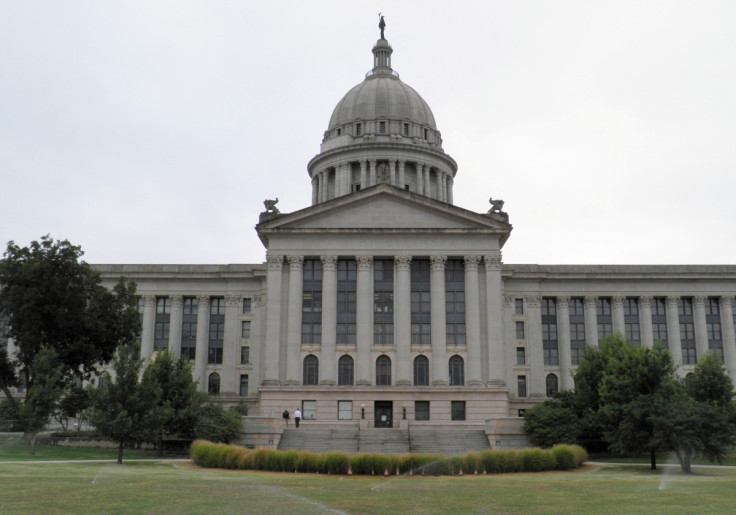
State Republican leaders in Oklahoma are pushing back after the U.S. Department of Justice sent a letter to Governor Kevin Stitt stating that legal action will be taken regarding the controversial newly-signed immigration law, House Bill 4156.
The bill, which resembles the similarly disputed Texas anti-immigration law SB4, seeks to allow local law enforcement to remove illegal immigrants from Oklahoma. The newly-signed law conflicts with federal law, according to the letter sent by the DOJ.
In response, Oklahoma Speaker Charles McCall doubled down on the bill while calling out the Biden Administration's job so far regarding the southern border.
"There has been nothing but dysfunction at the federal level since President Biden took office. House Bill 4156 was a carefully crafted, well-thought-out piece of legislation designed to acknowledge the role of the federal government in immigration matters, while at the same time protecting the sovereignty and security of our state's borders," McCall said.
As retaliation against an emerging trend of anti-immigration laws continues in states with Republican leaders, here's what immigrants should know about HB 4156.
What states are seeking to enact laws like HB 4156?
States like Texas and Louisiana have signed similar laws like Oklahoma's HB 4156. Their goal is to reduce the number of undocumented immigrants in their state amid the ongoing unprecedented influx of migrants through the southern border.
Other states, like Missouri, Kansas and Iowa are in the process of also introducing similar laws.
The measure will come into effect as of July 1, and from that moment on, companies will be required to fill their positions with native-born citizens or those with legal permits.
What does HB 4156 seek to include?
If the bill is allowed to go into effect, here are some of the things it might bring:
- Stricter requirement for verification of work eligibility.
- Greater number of documents to enter Oklahoma.
- Greater cooperation with federal immigration authorities.
- Economic sanctions to businesses with a higher percentage of undocumented immigrants as employees.
- Sanctions for immigrants who fail to comply with state regulations.
- Greater border control.
Those found guilty of impermissible occupation will have 72 hours to leave Oklahoma, no matter if it is their first or second offense. HB 4156 defines impermissible occupation as a person willfully remaining in Oklahoma without legal authorization to be in the U.S.
How are immigrant's personal information going to be affected?
The Oklahoma State Bureau of Investigation will be able to access all personal data of undocumented immigrants to cross-reference them with state and federal databases. This is one of the main points that generates controversy, especially among members of the Democratic party, according to Cronista.
© 2025 Latin Times. All rights reserved. Do not reproduce without permission.




